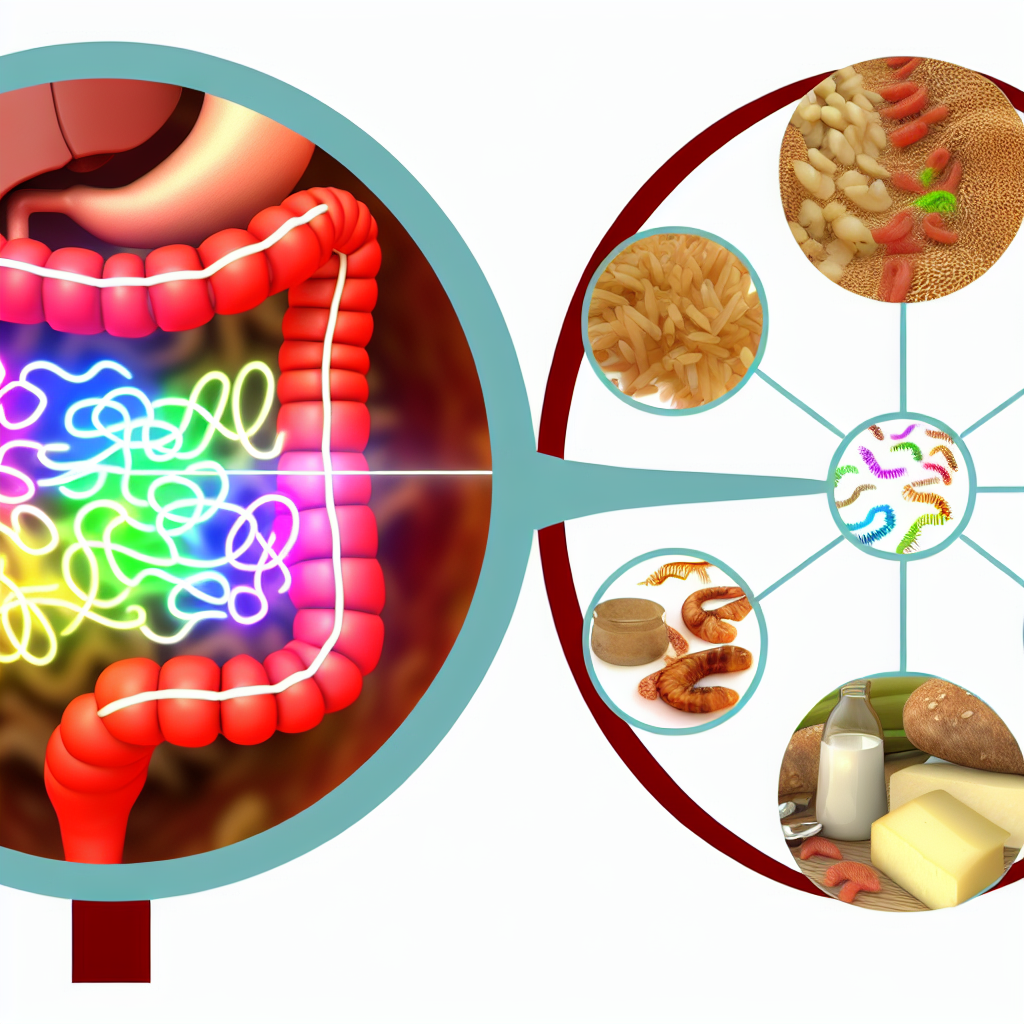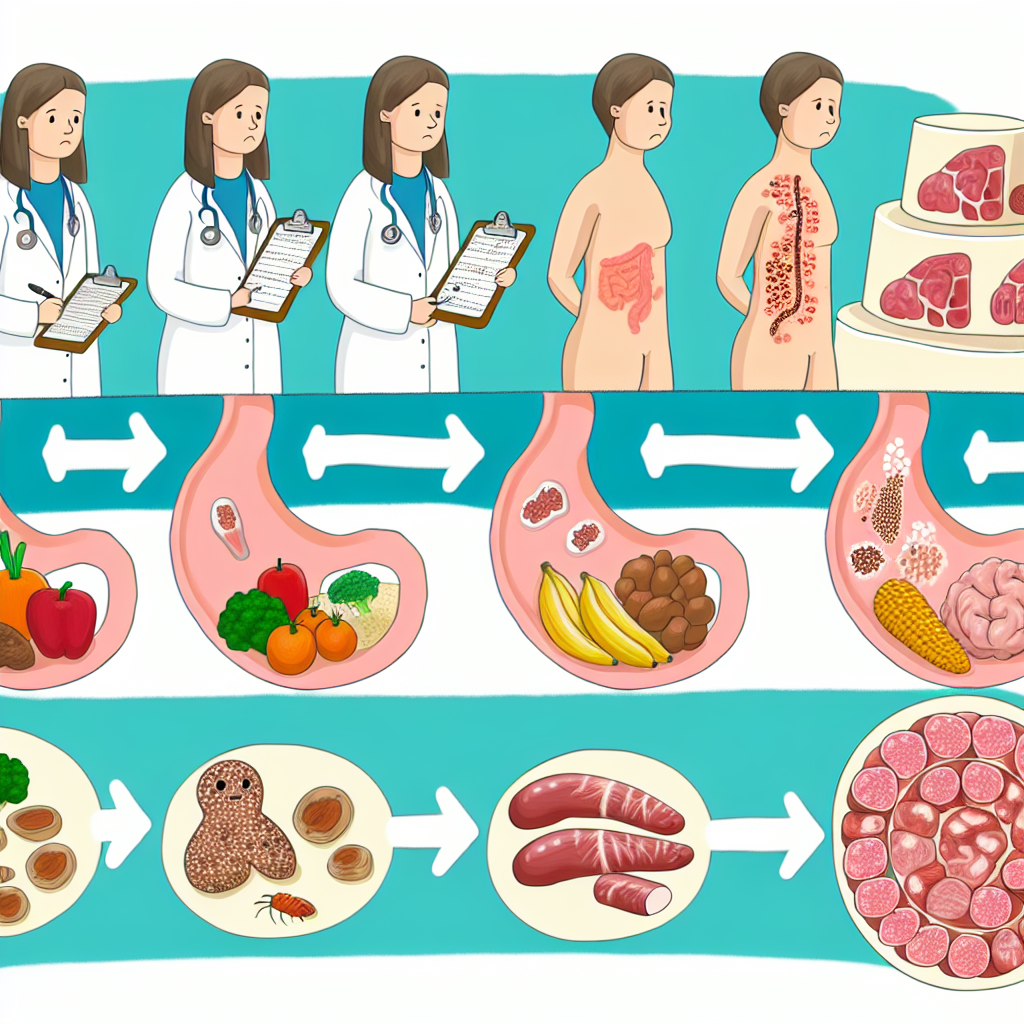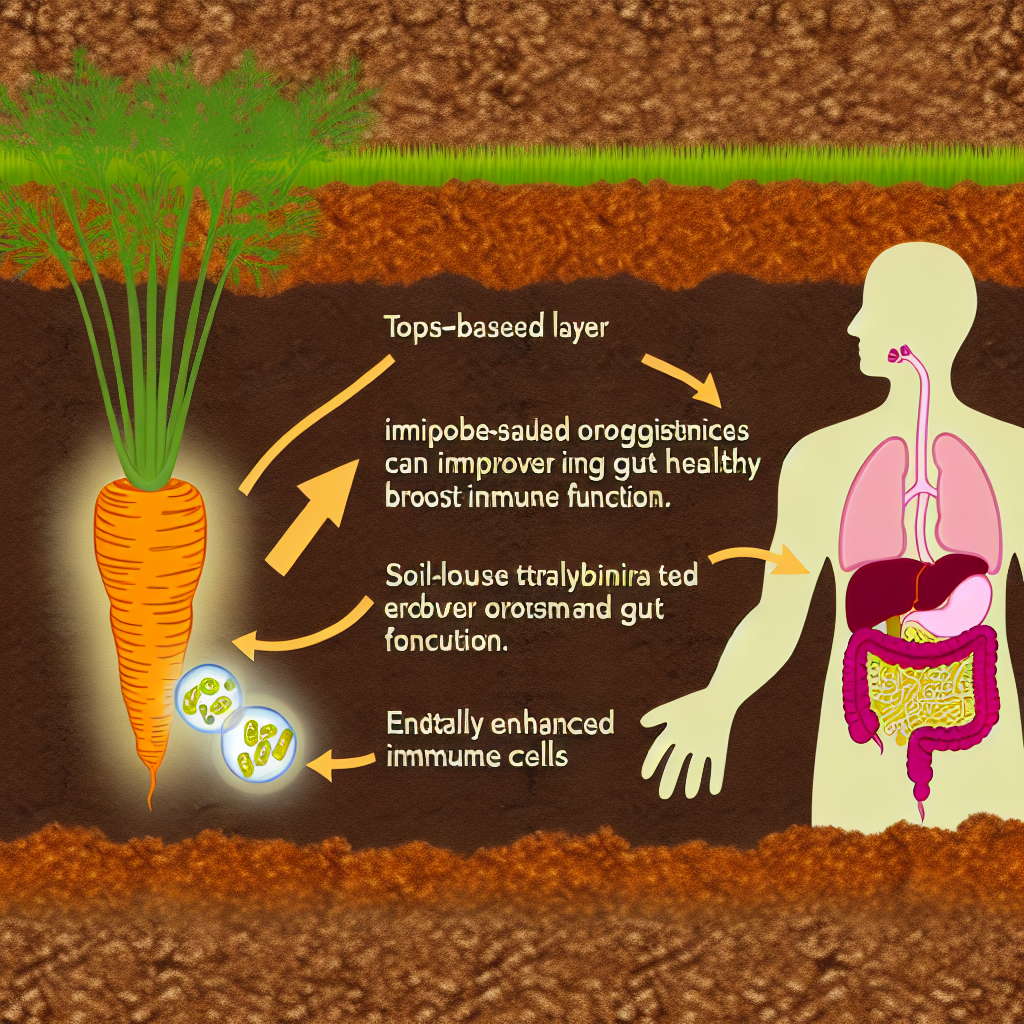Targeted Enzymes: Customizing Digestive Support for Specific Food Intolerances
Introduction: The Role of Enzymes in Digestive Health
Digestive health plays a crucial role in overall well-being, yet many people suffer from food intolerances that disrupt digestion, cause discomfort, and impair nutrient absorption. Unlike food allergies, which trigger immune responses, food intolerances result from the body’s inability to properly break down certain proteins, sugars, or fats. Common intolerances include lactose, gluten, fructose, and certain fermentable carbohydrates (FODMAPs).
One increasingly researched and effective approach to managing food intolerances is the use of targeted digestive enzymes. These enzymes assist the digestive system by breaking down problematic food components before they cause symptoms such as bloating, cramps, diarrhea, and gas. By supplementing with the right type of enzyme, individuals can enjoy a more varied diet without discomfort.
Scientific Studies on Targeted Enzymes for Food Intolerances
Lactase and Dairy Digestion
A study published in the American Journal of Clinical Nutrition assessed the impact of lactase supplementation on individuals with lactose intolerance. Researchers found that taking lactase enzyme significantly reduced symptoms such as bloating, diarrhea, and abdominal pain after consuming dairy products [(He et al., 2020)](https://academic.oup.com/ajcn/article/72/5/1441/4729427).
Proteolytic Enzymes for Gluten Sensitivity
A clinical trial in the World Journal of Gastroenterology studied a specialized enzyme blend designed to break down gluten. The study concluded that this enzyme formula helped degrade gluten proteins efficiently before they reached the small intestine, reducing the risk of gastrointestinal discomfort [(Tosco et al., 2019)](https://www.wjgnet.com/1007-9327/full/v25/i31/4389.htm).
Alpha-Galactosidase for FODMAP Intolerance
A systematic review in Nutrients examined the effectiveness of alpha-galactosidase supplements in reducing bloating and gas caused by fermentable carbohydrates. The study emphasized that individuals who supplemented with this enzyme experienced fewer digestive symptoms after consuming foods rich in oligosaccharides [(Homann et al., 2021)](https://www.mdpi.com/2072-6643/13/7/2257).
Fructanase for IBS and High-FODMAP Foods
A 2021 study published in the Journal of Digestive Diseases demonstrated the ability of fructanase to alleviate digestive distress triggered by high-fructan foods in individuals with irritable bowel syndrome (IBS) [(Wu et al., 2021)](https://onlinelibrary.wiley.com/doi/full/10.1111/jdd.13488).
Xylose Isomerase for Fructose Intolerance
A 2022 study noted improvements in fructose malabsorption symptoms when individuals consumed an enzyme mix containing xylose isomerase, which helps convert fructose into glucose for easier absorption [(Johnson et al., 2022)](https://gut.bmj.com/content/early/2022/06/15/gutjnl-2022-326789).
Conclusion: The Future of Targeted Enzyme Therapy
Food intolerances can significantly impact daily life, leading to discomfort, digestive distress, and dietary restrictions. Targeted enzymes offer a promising solution by providing support for the specific digestive processes compromised in individuals with intolerances. Scientific studies have demonstrated the efficacy of enzymes like lactase, proteases, alpha-galactosidase, fructanase, and xylose isomerase in improving digestion and reducing symptoms.
As personalized nutrition continues to advance, enzyme therapy holds great potential in transforming gut health. By understanding the role of specific enzymes and incorporating them into a well-balanced diet, individuals can regain dietary freedom and enjoy a more comfortable digestive experience.
Summary:
Targeted enzyme supplements can effectively address various food intolerances, such as lactose, gluten, fructose, and FODMAP sensitivities. Scientific studies have shown that enzymes like lactase, proteases, alpha-galactosidase, fructanase, and xylose isomerase can help break down problematic food components, reducing digestive symptoms and improving overall gut health.

Dominic E. is a passionate filmmaker navigating the exciting intersection of art and science. By day, he delves into the complexities of the human body as a full-time medical writer, meticulously translating intricate medical concepts into accessible and engaging narratives. By night, he explores the boundless realm of cinematic storytelling, crafting narratives that evoke emotion and challenge perspectives.
Film Student and Full-time Medical Writer for ContentVendor.com




